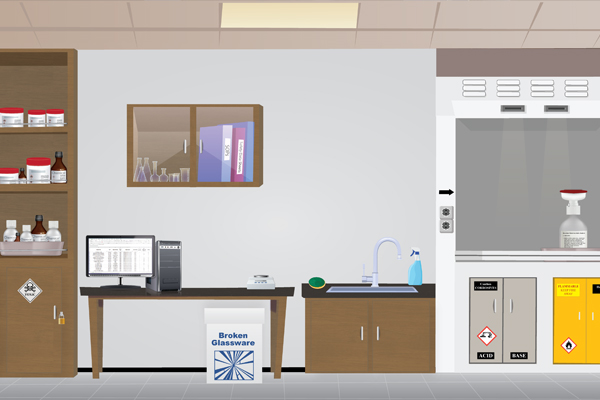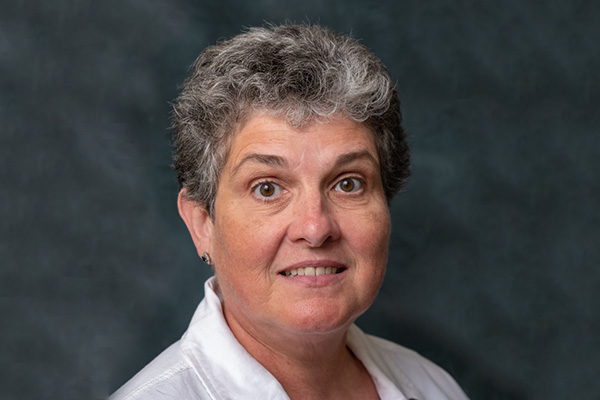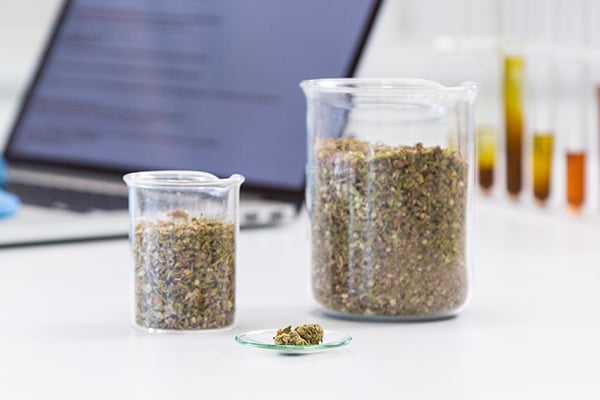Think back to a time when you tried to go to work or class tired, stressed out, or upset. You likely had difficulty focusing which lead to more mistakes, poor collaboration, and results that were not at your usual level. Now imagine that you feel this way every day at work, and the stakes are higher because those mistakes can lead to dangerous lab incidents. Challenges around Diversity, Equity, Inclusion and Respect are often thought of as HR issues, but poor mental health stemming from a toxic lab culture will inevitably lead to scientists engaging in risky lab behavior to protect their psychological safety at the detriment of their physical safety. Students bullied by their peers or supervisors begin to work at night, alone, to avoid those individuals. Professionals who do not hold a Ph.D. are told directly that their opinions on the safety of laboratory procedures do not matter and stop bringing up potential issues. Stress or pressure to produce results quickly (in both academia and industry) lead to improper risk assessment and unsafe practices.
Diversity of thought creates a culture to avert disaster and a workspace where safety can be proactive rather than reactive. In a recently published JACS article, anecdotes from academia and industry describe positive situations where a bench scientist who disclosed their pregnancy led to in-depth conversations around reproductive health and best safety practices in their lab. Individuals who came from different countries, universities, or companies were empowered to bring new perspectives to improve safety and challenge unsafe practices by suggesting alternative syntheses or chemical reagents. Individuals who felt psychologically safe enough to share their cultures with others had increased engagement.
Join authors of “Reducing Risk: Strategies to Advance Laboratory Safety through Diversity, Equity, Inclusion, and Respect,” Debbie Decker of ACS CHAS, Anna Dunn of Merck, and Daniel Jacques of SUNY Brockport, as they discuss the latest research regarding the intersection of Safety and DEIR with innovative ideas on how to mitigate this hazard. Register now to discover how addressing DEIR hazards or issues by using the RAMP risk assessment framework will advance safety for all laboratory personnel.
This ACS Webinar is co-produced with the Committee on Chemical Safety and the ACS Division of Chemical Health and Safety.
* If you are having technical difficulties viewing the video please try different internet browsers like Chrome, Firefox, and Explorer. If you still can not access the video please review the following computer prerequisites from our video hosting platform.
What You Will Learn
- What is a DEIR hazard and what are some ideas on how to mitigate these risks
- How one might apply the RAMP assessment concept to DEIR hazards
- Anecdotes from academia and industry regarding how marginalization, stereotyping, unconscious or conscious bias, or other forms of exclusion have directly or indirectly led to increased safety incidents in the lab
Co-Produced With
What an attendee said about this ACS Webinar!

I don't believe people understand the breadth of DEIR and how it is a part of everything we do. This webinar made me reflect on my experiences as an African American woman in STEM and how they impacted my right to a safe work environment from a DEIR standpoint.












